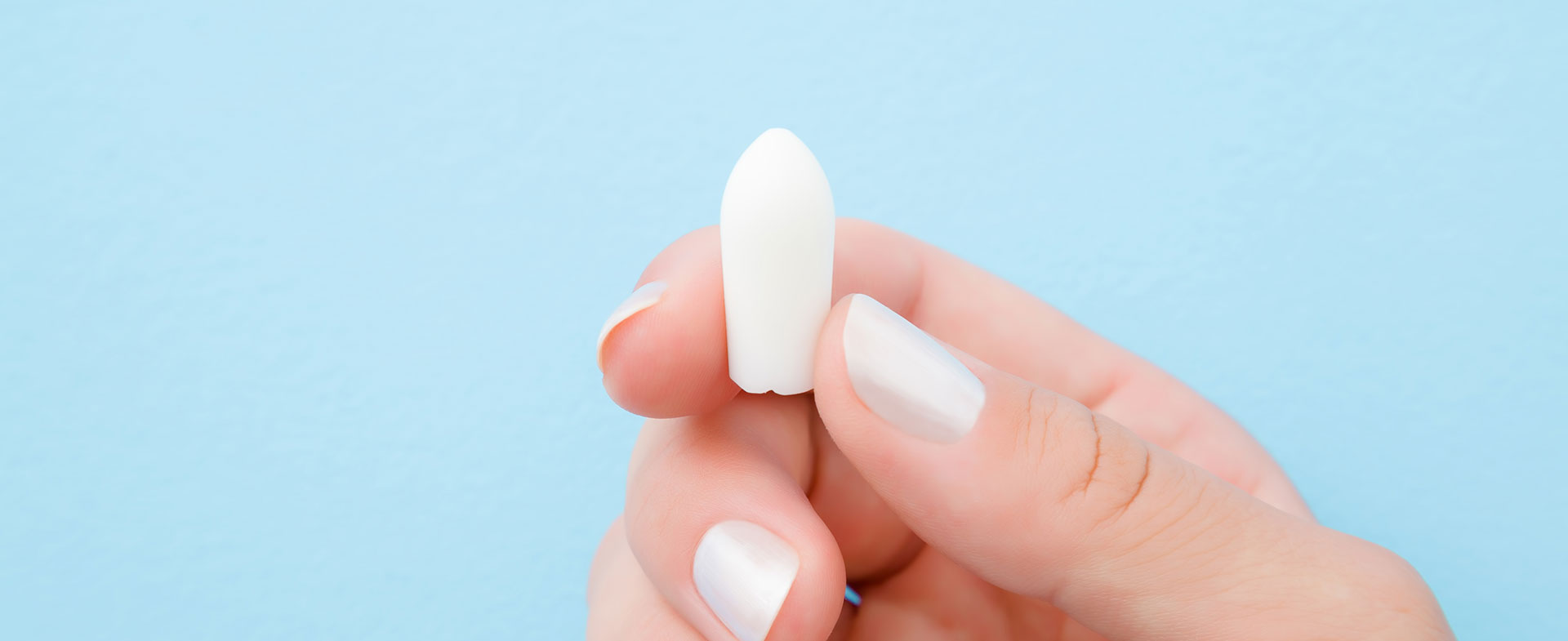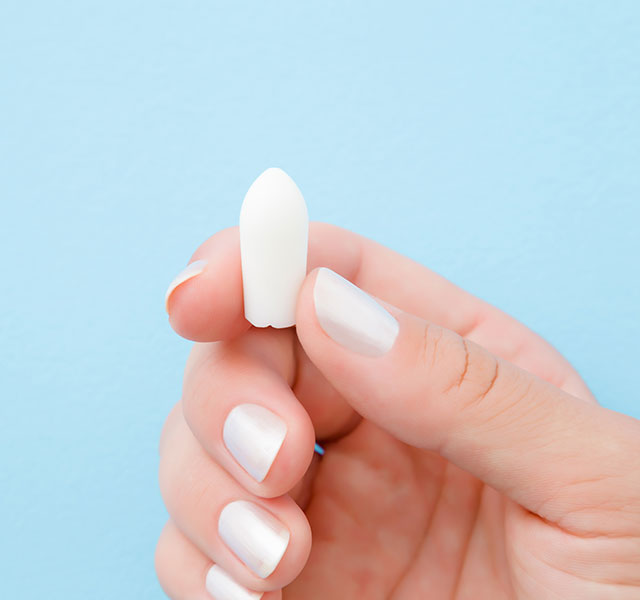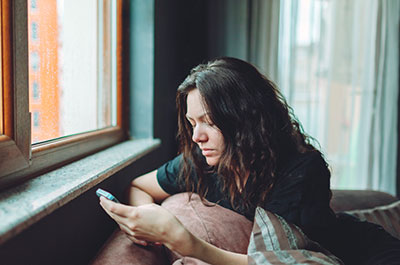Keeping your vagina healthy doesn’t have to mean running to the doctor for every little itch, sting or discomfort. There’s actually plenty you can do to maintain vaginal health at home.
“One of the most basic things you can do is eat a healthy diet and stay well hydrated,” says Page Kimber, M.D., a gynecologist at Henry Ford Health. “Your vaginal flora feeds off whatever you’re eating and drinking.”
Here are some more healthy habits your gynecologist would approve.
Promoting Healthy Vaginal Bacteria
Millions of bacteria live inside the vagina and make up what’s called your vaginal flora. Under ideal circumstances, the vaginal flora is composed of diverse and healthy types of bacteria. But that environment can be easily upset. When you don’t take good care of your vagina, the balance of bacteria can tip toward unhealthy ones.
“Just making a few simple adjustments in your routine can help keep your vaginal flora healthy and prevent bacterial vaginosis (a common type of infection),” says Dr. Kimber.
Healthy vaginal habits include:
- Avoid tight clothing. Leggings and yoga pants are great, but don’t wear them 24/7. “You need to let the area air out by wearing looser clothing whenever possible,” says Dr. Kimber. She suggests sleeping without underwear or walking around without it at home when you can to give your vagina some extra breathing space.
- Have clean sex. Talk to your doctor about which condoms and lubricants are best for you since some contain spermicides or other ingredients that can cause irritation.
- Seek out unscented products. Anything that comes in contact with your vulva or vagina should be free from fragrance or any other irritating ingredients. Check your soap, wipes, tampons and pads to be sure they are unscented.
- Use apple cider vinegar. Dip a clean cloth in a mixture of one ounce apple cider vinegar to four ounces of water and use it to wipe your labia twice a day to help kill unhealthy bacteria.
- Wear cotton underwear. Cotton underwear is the most breathable choice. Undies with lots of lace can cause irritation, and fabrics like nylon and silk are more likely to hold moisture.
- Wipe front to back. After you poop, it’s important to not accidently wipe any fecal matter forward into your vagina. Wiping front to back sweeps it away from your vagina and helps prevent infection.
Treating A Yeast Infection Safely At Home
If you’ve ever experienced a yeast infection, you’ll recognize the telltale signs. Yeast infections typically cause burning, redness, itching and a thick, white discharge.
Dr. Kimber says that many of the same healthy vaginal habits that protect your vaginal flora can also help prevent an overgrowth of yeast. Adding a probiotic supplement or eating foods rich in those healthy bacteria (like yogurt, kefir or fermented foods) can also keep yeast at bay.
If you do get a yeast infection, she recommends treating it with the over-the-counter medication miconazole (sold under brand names like Monistat). The treatment comes as a 3-day or 7-day course of anti-fungal vaginal suppositories. “If you are very sensitive to the medication, opt for the 7-day course,” says Dr. Kimber. “It contains a lower dose of the active ingredient and is less irritating.
How to Prevent Or Treat A UTI

Urinary tract infections (UTIs) are a very common, and very painful, condition. Some women are particularly prone and experience them frequently. If that’s you, it’s important to take some steps to help prevent UTIs from occurring.
Drinking plenty of water on a regular basis (at least eight 8-ounce glasses a day) helps flush out bacteria in the urinary tract. Peeing soon after having sex can also prevent bacteria from taking hold.
One of the easiest OTC remedies—and treatments—for UTIs is cranberry. “Drinking tart cranberry juice helps neutralize bacteria in the bladder,” says Dr. Kimber. “It’s important to buy a juice that has no added sugar or sweeteners. You want it to be so tart it almost makes you cringe when you drink it.”
You can drink a cup daily as a preventive measure. Or, if you feel the subtle signs (pain when peeing and urgency) of a UTI coming on, Dr. Kimber recommends drinking a full 32-ounce bottle.
When To See Your Doctor
Of course, you can’t always rely on over-the-counter or at-home remedies for your women’s health concerns. Nor should you.
“Self-diagnosing may be okay if it’s a problem you’ve experienced multiple times already,” says Dr. Kimber. “But if this is the first time you’re having these symptoms, you should see your doctor before trying to treat it yourself.”
If you’re treating a vaginal or urinary infection at home, don’t wait to seek help if symptoms worsen. See your doctor if symptoms aren’t improving after a few days of treatment. “That could indicate that the condition is actually something else or even something more serious,” says Dr. Kimber.
Reviewed by Dr. Page Kimber, a gynecologist who sees patients at Henry Ford Medical Center – New Center One.



